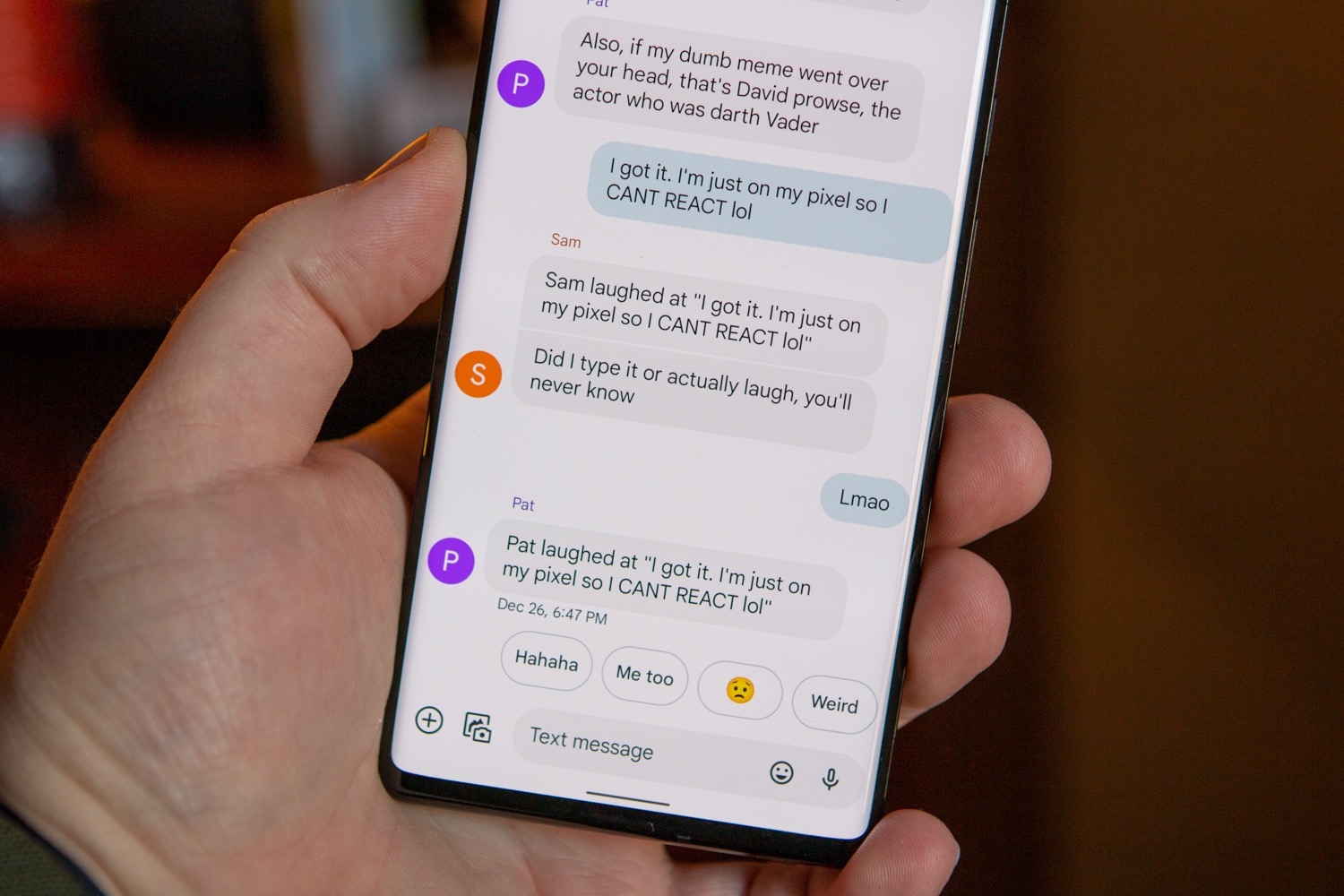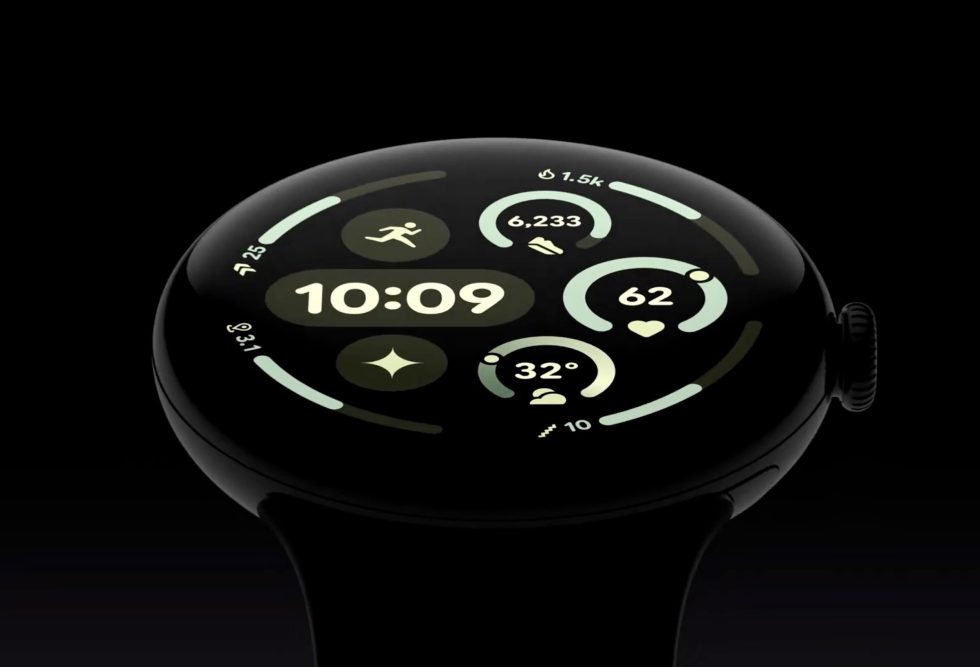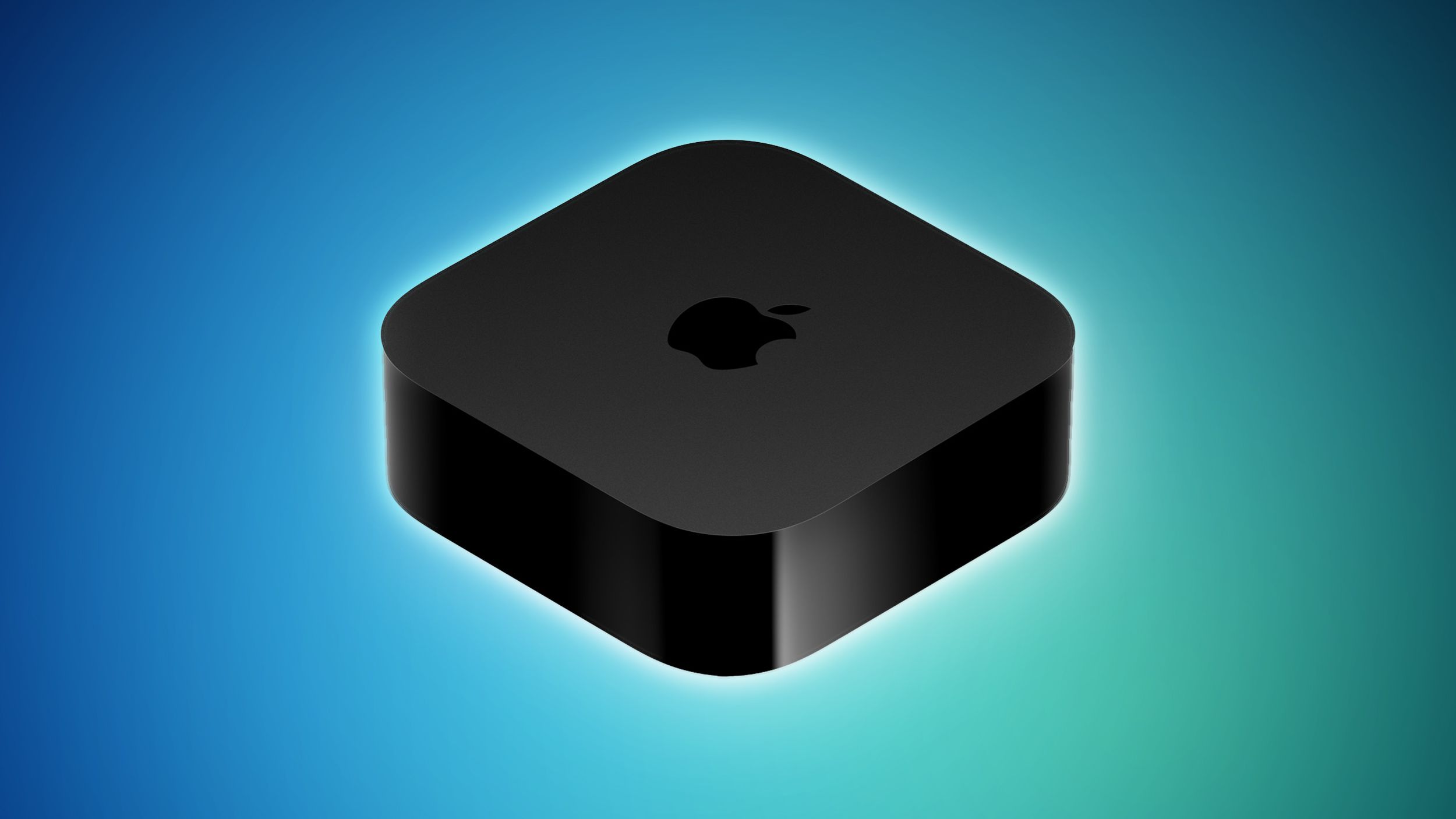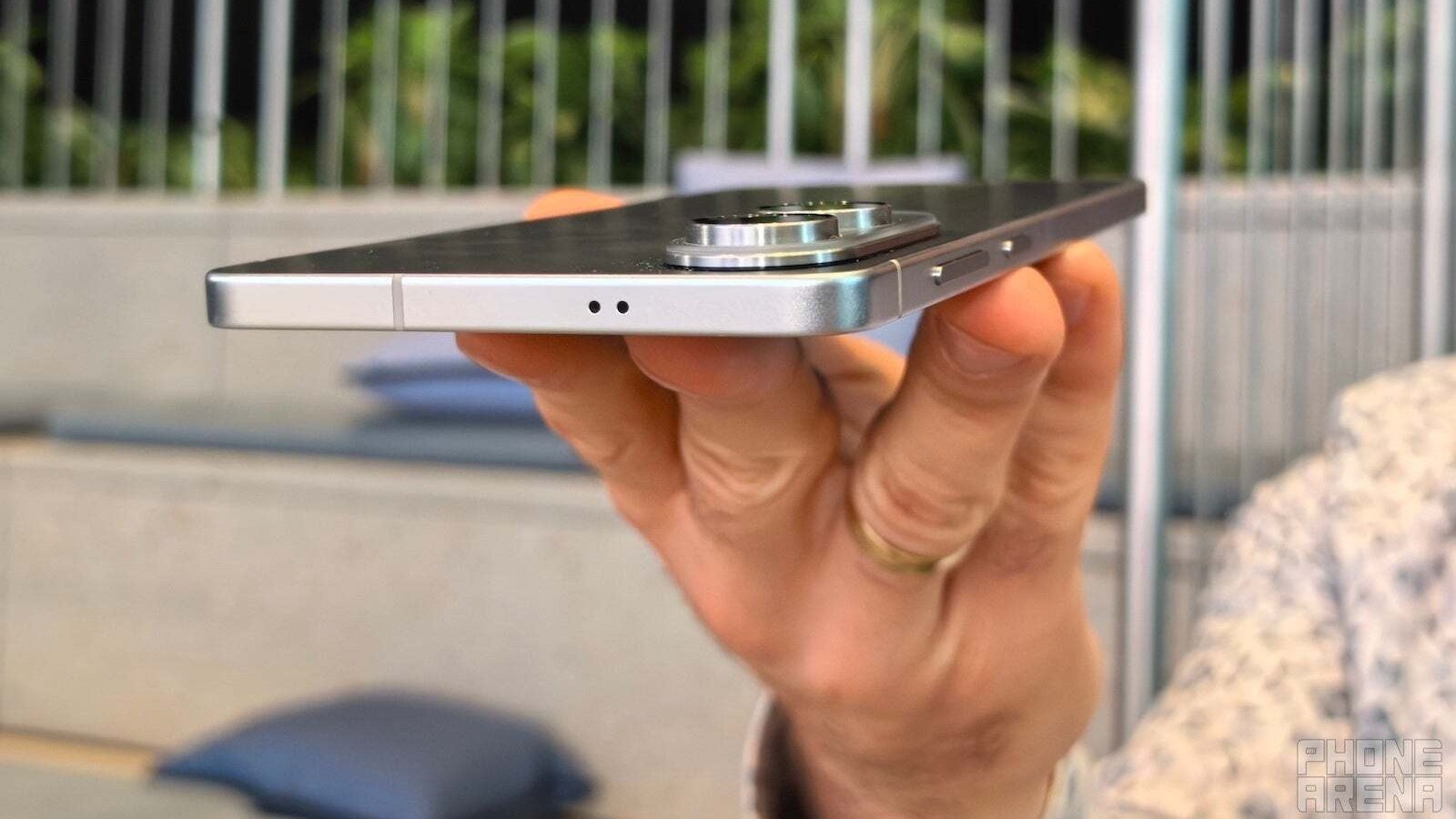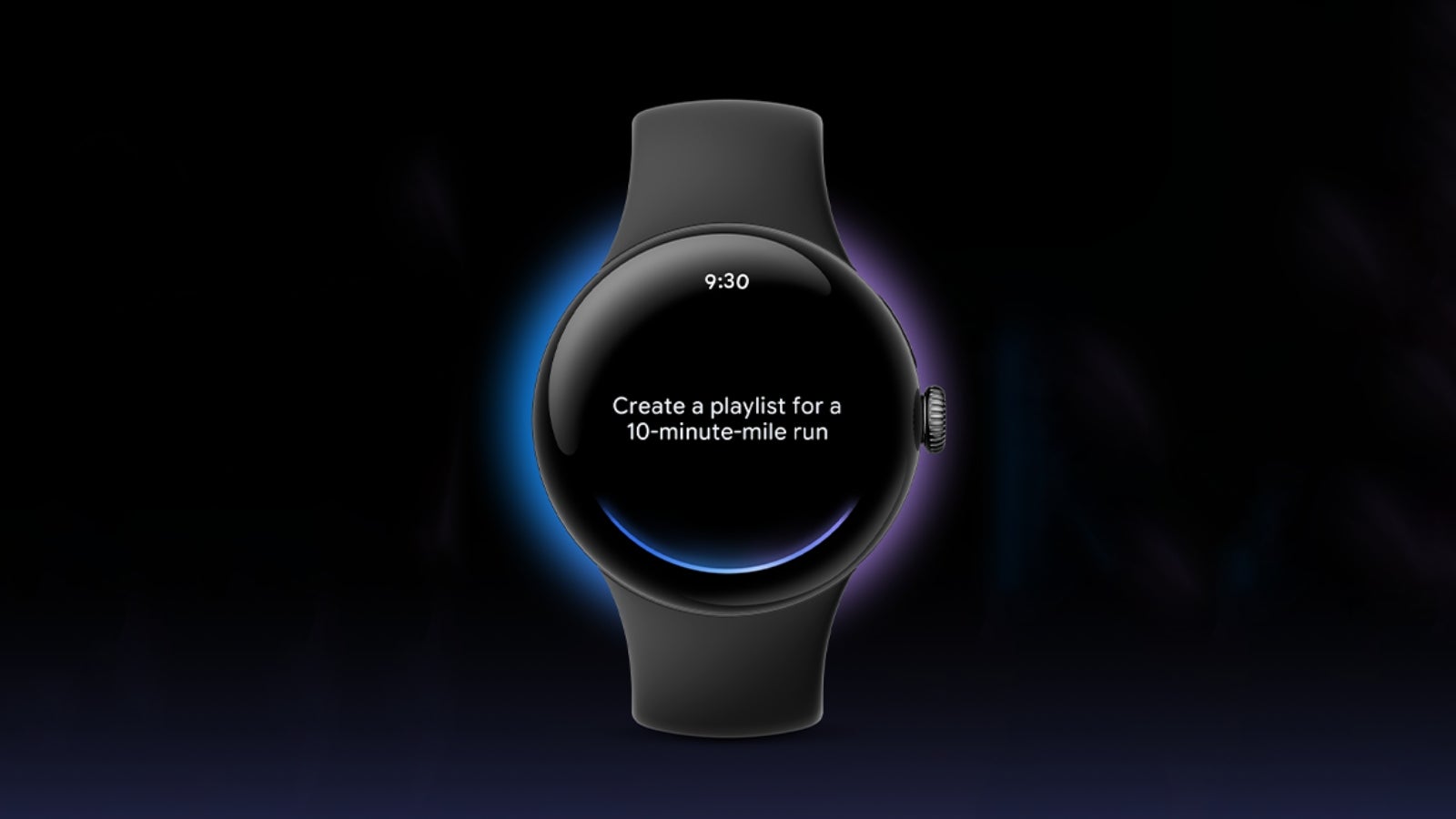Devastating Spectre CPU bug returns to haunt Intel processors
Intel has spent much of its goodwill with customers chasing down bugs: the Spectre and Meltdown bugs it dealt with years ago, as well as the instability that plagued its Raptor Lake processors last year. Now there are additional chapters in each of those stories. You don’t have to do anything — just make sure your PC is patched and up to date. But there will be a price to pay in performance in fixing the latest issue, and one you can’t really do anything about. On May 1, Intel issued yet another microcode update for the Raptor Lake and Raptor Lake Refresh processors. Those processors could degrade over time due to elevated operating voltages, Intel said last July. But the recent update was designed to prevent instability on systems “running multiple days with low-activity and lightly-threaded workloads” — or machines that weren’t working at their full capacity. Mitigating that bug, Intel said, will not only solve the problem, but performance fortunately will not be affected. Instead, any variation after applying the patch would be within normal “run-to-run variation,” Intel said. Unfortunately, researchers at ETH Zurich have discovered another bug that affects a number of Intel processors, dating back to the 2018 Skylake architecture. This time, mitigating it will have a significant effect, although the effects will be most pronounced in the much-maligned 11th-gen “Rocket Lake” chips. As noted by Bleeping Computer, the new bug hearkens all the back to 2018, when the Spectre and Meltdown bugs were discovered, affecting the kernel software at the heart of most X86 chips. Though Intel patched out both bugs, researchers at ETH Zurich have discovered that branch target injection attacks (known as a “branch privilege injection”) can again be used against Intel CPUs to leak otherwise protected information. The affected chips include everything from 2018’s Skylake to Raptor Lake. AMD’s Zen 5 and Zen 4 chips are not affected, the researchers found. More information can be found at the ETH Zurich site. Proper security practices usually call for researchers to privately disclose bugs to the manufacturers before they’re released to the public, and the researchers did just that. Intel released microcode to the research team for testing and to confirm the microcode update works. To avoid being preyed upon by either vulnerability, what you need to do remains the same: simply make sure that your PC is properly patched, either via Windows Update or via the firmware updates your PC maker or motherboard maker provides. However, there will be a performance price to pay, too. ETH Zurich said that it won’t be too bad: just a 2.7 percent drop in performance in Alder Lake and 1.6 percent in the 2018 Skylake (Coffee Lake Refresh) chip. If you still own an 11th-gen “Rocket Lake” chips, however, you’re going to pay a price: an estimated 8.3 percent drop in performance. Knocking almost 10 percent off the performance of what was an already subpar chip may mean that it’s time for an upgrade.

Intel has spent much of its goodwill with customers chasing down bugs: the Spectre and Meltdown bugs it dealt with years ago, as well as the instability that plagued its Raptor Lake processors last year. Now there are additional chapters in each of those stories.
You don’t have to do anything — just make sure your PC is patched and up to date. But there will be a price to pay in performance in fixing the latest issue, and one you can’t really do anything about.
On May 1, Intel issued yet another microcode update for the Raptor Lake and Raptor Lake Refresh processors. Those processors could degrade over time due to elevated operating voltages, Intel said last July. But the recent update was designed to prevent instability on systems “running multiple days with low-activity and lightly-threaded workloads” — or machines that weren’t working at their full capacity.
Mitigating that bug, Intel said, will not only solve the problem, but performance fortunately will not be affected. Instead, any variation after applying the patch would be within normal “run-to-run variation,” Intel said.
Unfortunately, researchers at ETH Zurich have discovered another bug that affects a number of Intel processors, dating back to the 2018 Skylake architecture. This time, mitigating it will have a significant effect, although the effects will be most pronounced in the much-maligned 11th-gen “Rocket Lake” chips.
As noted by Bleeping Computer, the new bug hearkens all the back to 2018, when the Spectre and Meltdown bugs were discovered, affecting the kernel software at the heart of most X86 chips. Though Intel patched out both bugs, researchers at ETH Zurich have discovered that branch target injection attacks (known as a “branch privilege injection”) can again be used against Intel CPUs to leak otherwise protected information. The affected chips include everything from 2018’s Skylake to Raptor Lake. AMD’s Zen 5 and Zen 4 chips are not affected, the researchers found. More information can be found at the ETH Zurich site.
Proper security practices usually call for researchers to privately disclose bugs to the manufacturers before they’re released to the public, and the researchers did just that. Intel released microcode to the research team for testing and to confirm the microcode update works.
To avoid being preyed upon by either vulnerability, what you need to do remains the same: simply make sure that your PC is properly patched, either via Windows Update or via the firmware updates your PC maker or motherboard maker provides.
However, there will be a performance price to pay, too. ETH Zurich said that it won’t be too bad: just a 2.7 percent drop in performance in Alder Lake and 1.6 percent in the 2018 Skylake (Coffee Lake Refresh) chip.
If you still own an 11th-gen “Rocket Lake” chips, however, you’re going to pay a price: an estimated 8.3 percent drop in performance. Knocking almost 10 percent off the performance of what was an already subpar chip may mean that it’s time for an upgrade.

















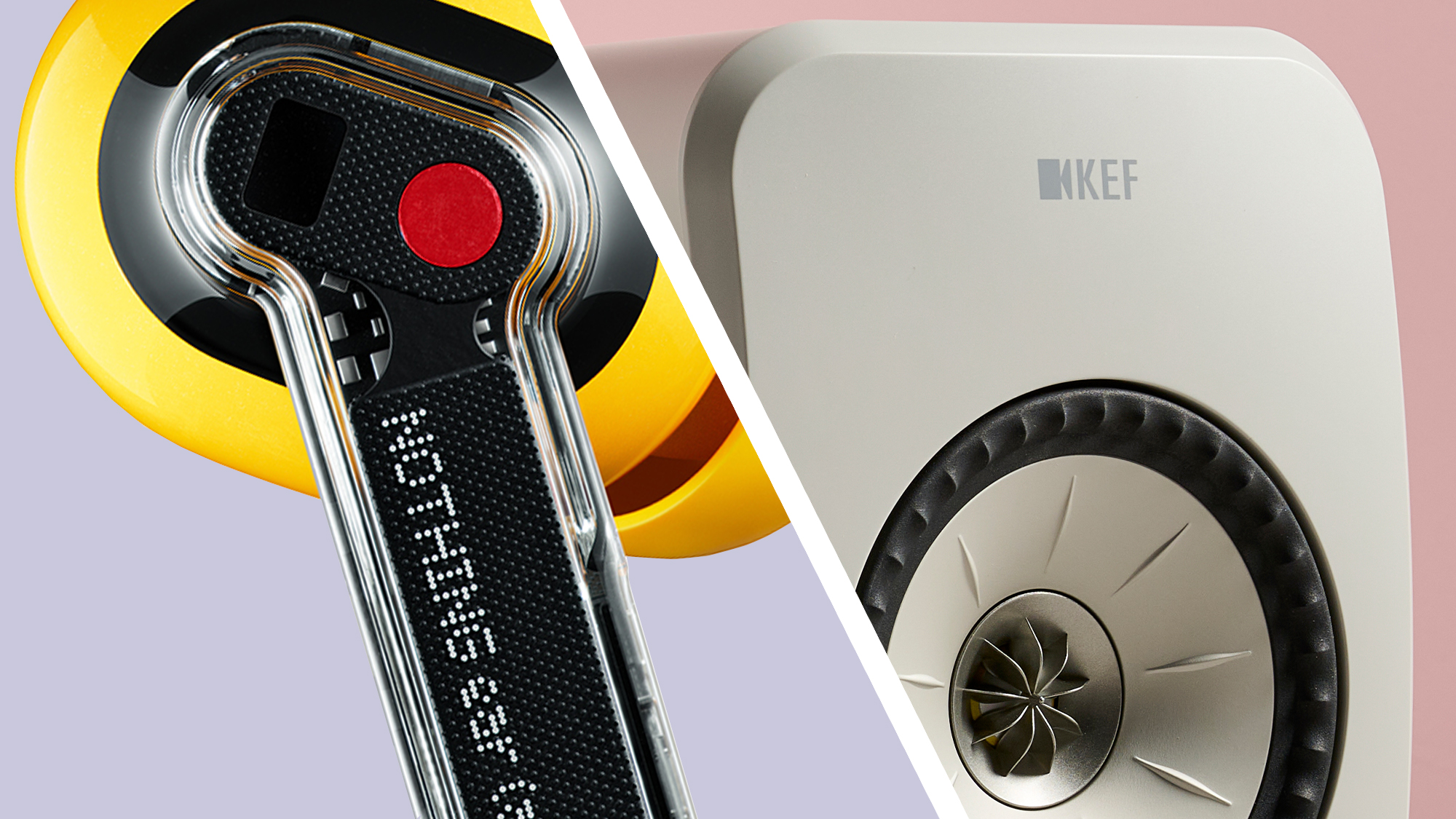











































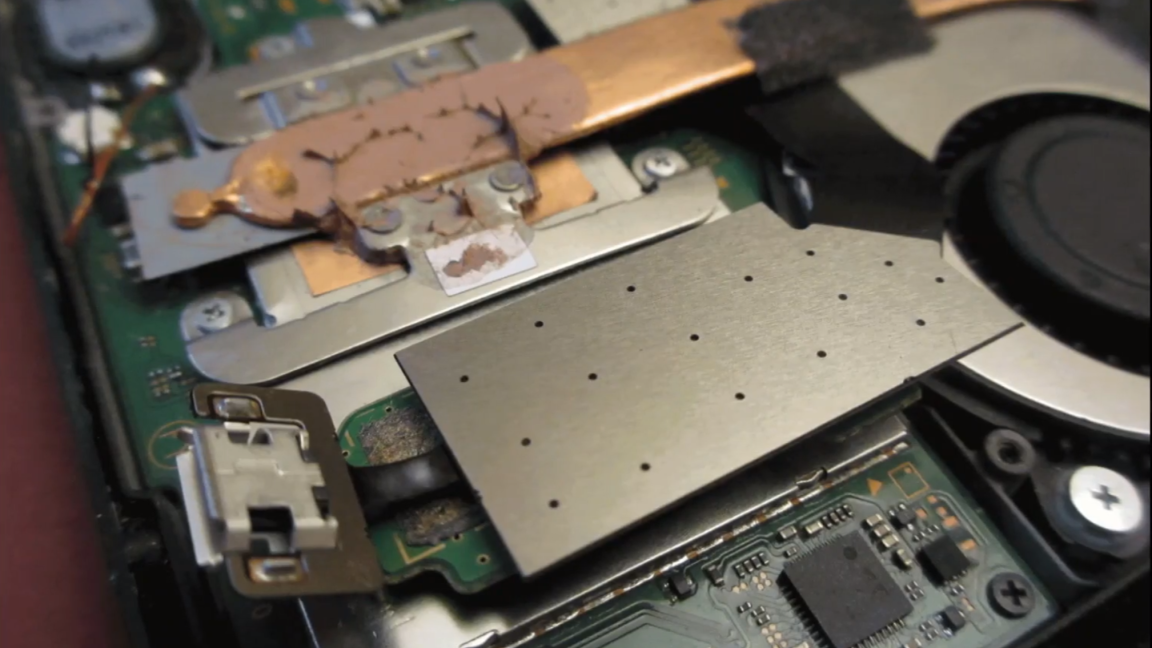





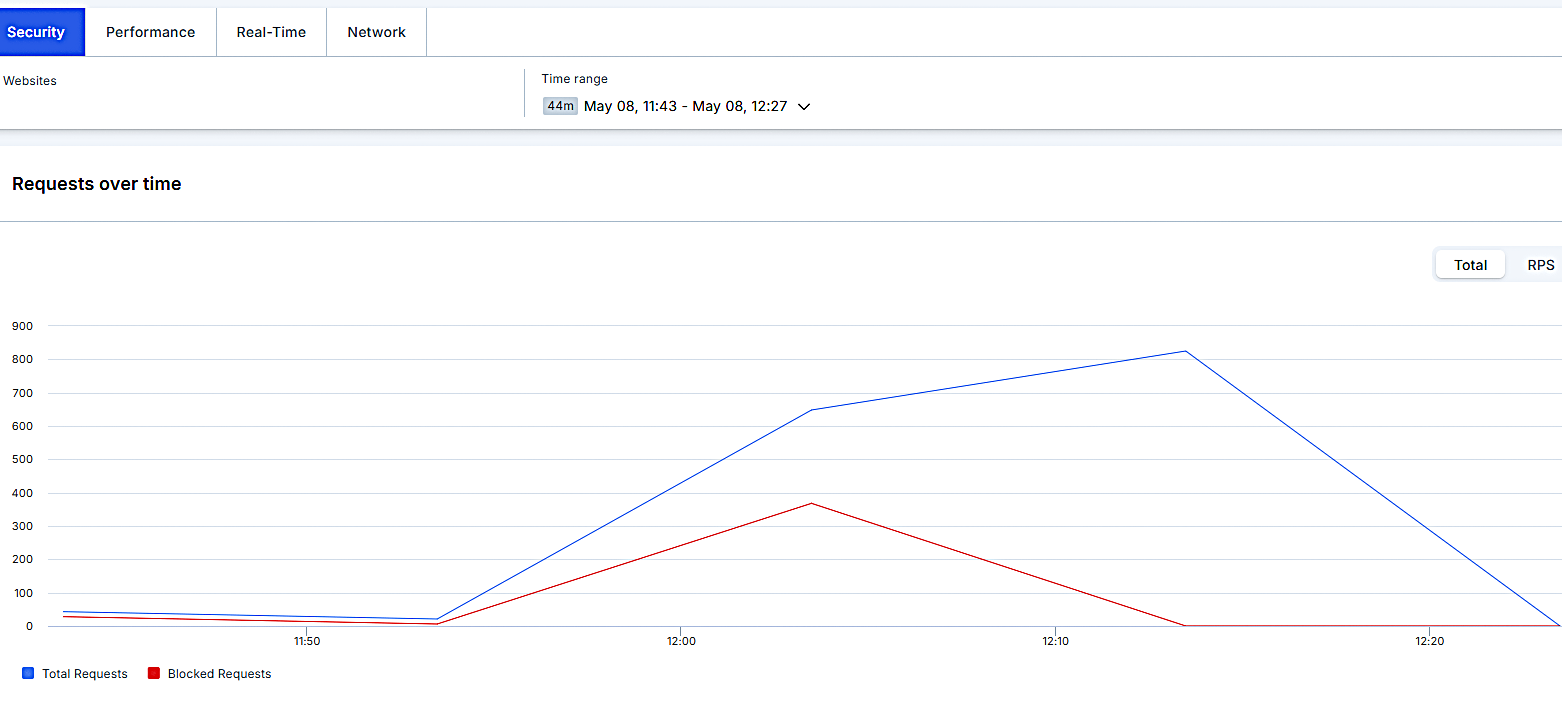











































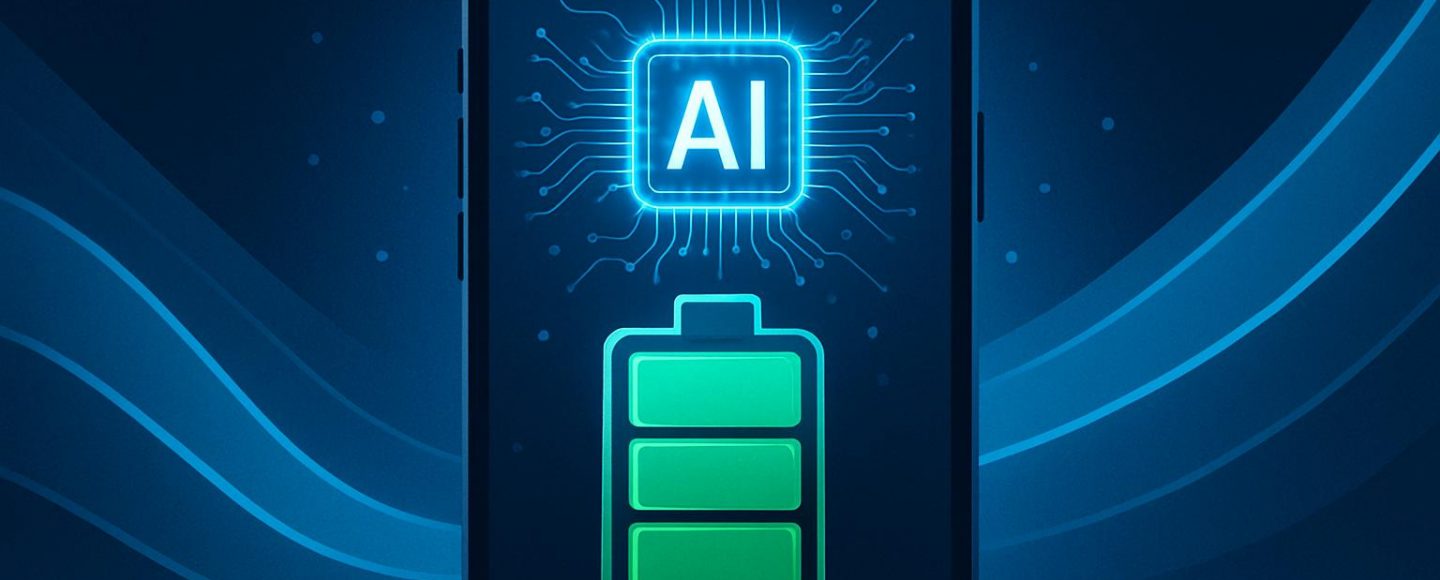






















































![[The AI Show Episode 147]: OpenAI Abandons For-Profit Plan, AI College Cheating Epidemic, Apple Says AI Will Replace Search Engines & HubSpot’s AI-First Scorecard](https://www.marketingaiinstitute.com/hubfs/ep%20147%20cover.png)















































































































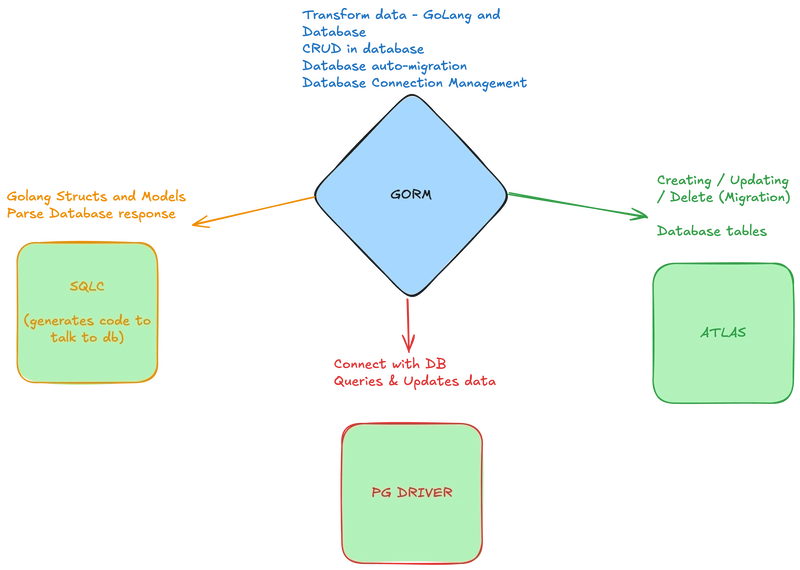


































































.jpeg?width=1920&height=1920&fit=bounds&quality=70&format=jpg&auto=webp#)







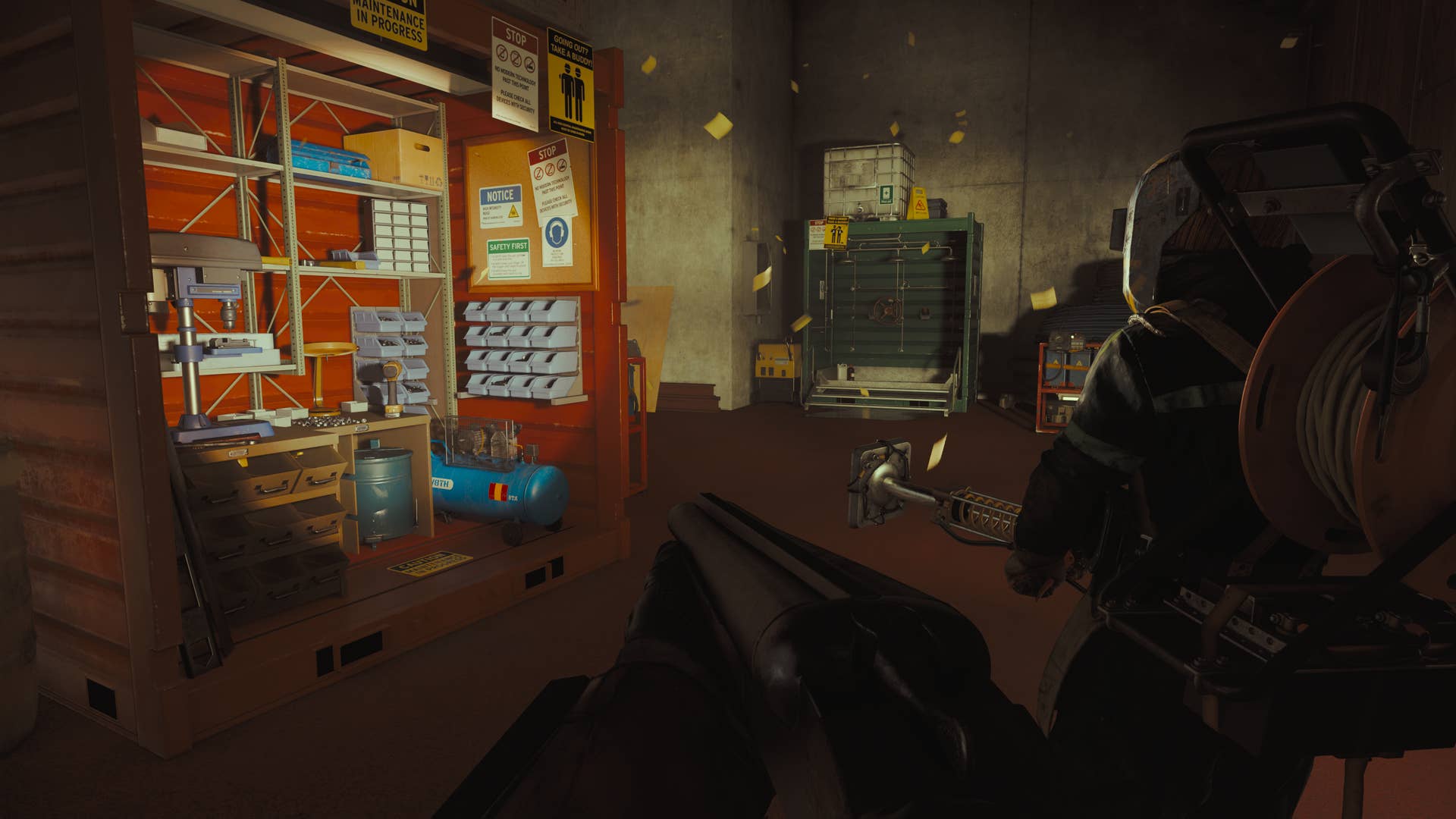











































































_ElenaBs_Alamy.jpg?width=1280&auto=webp&quality=80&disable=upscale#)




































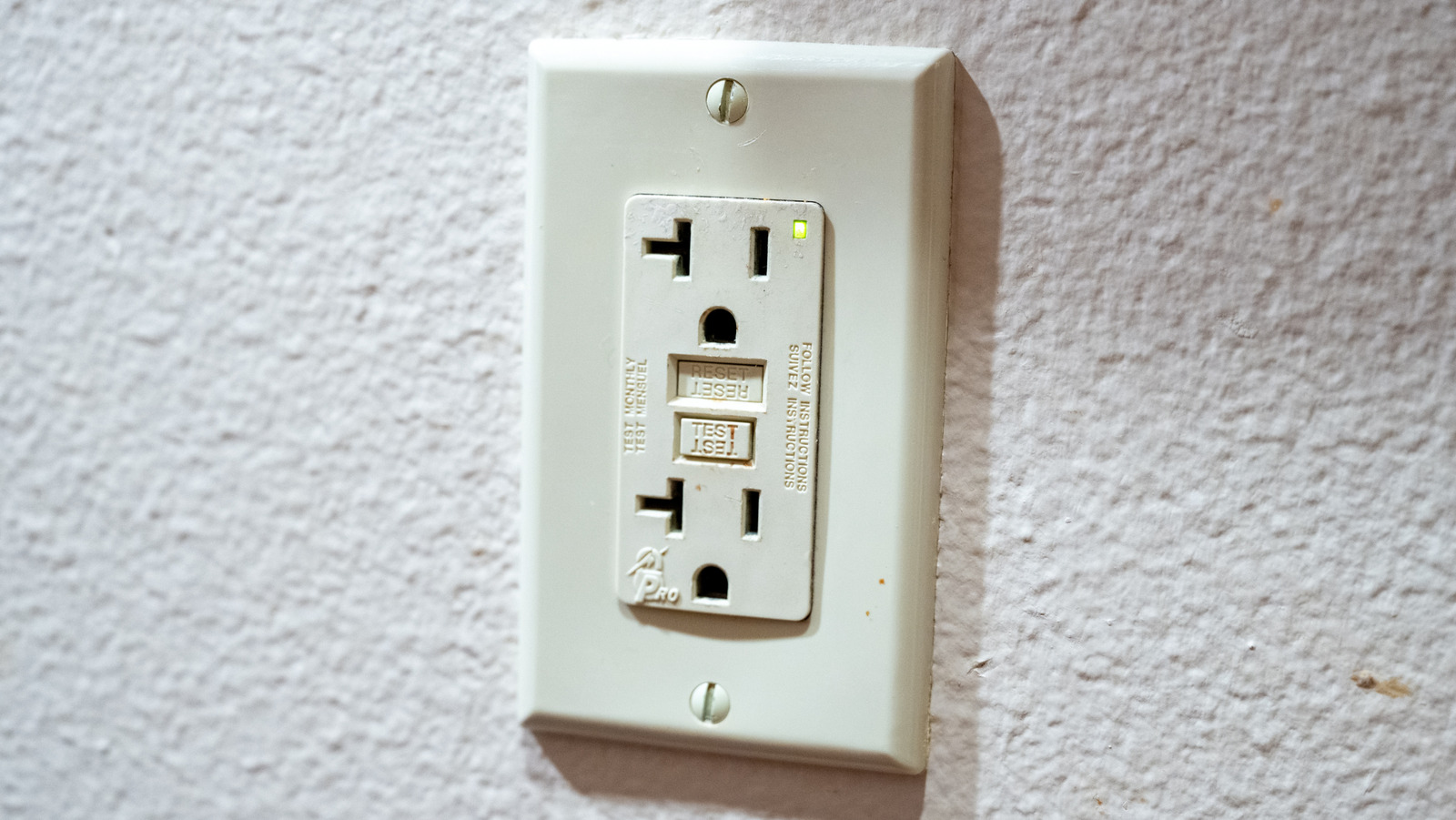









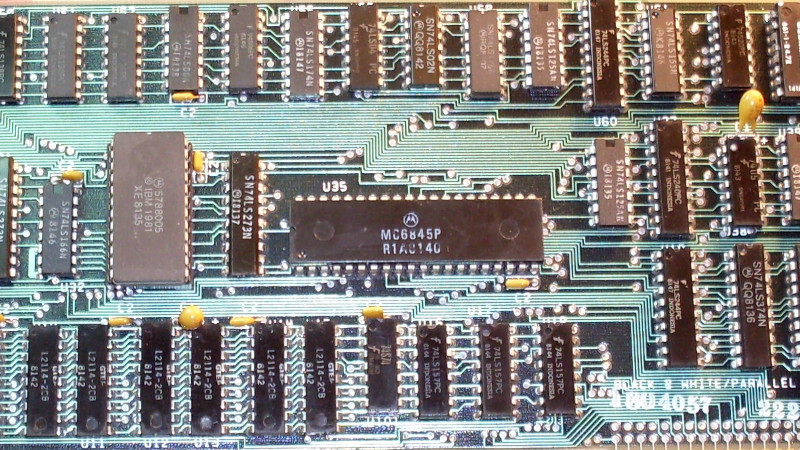
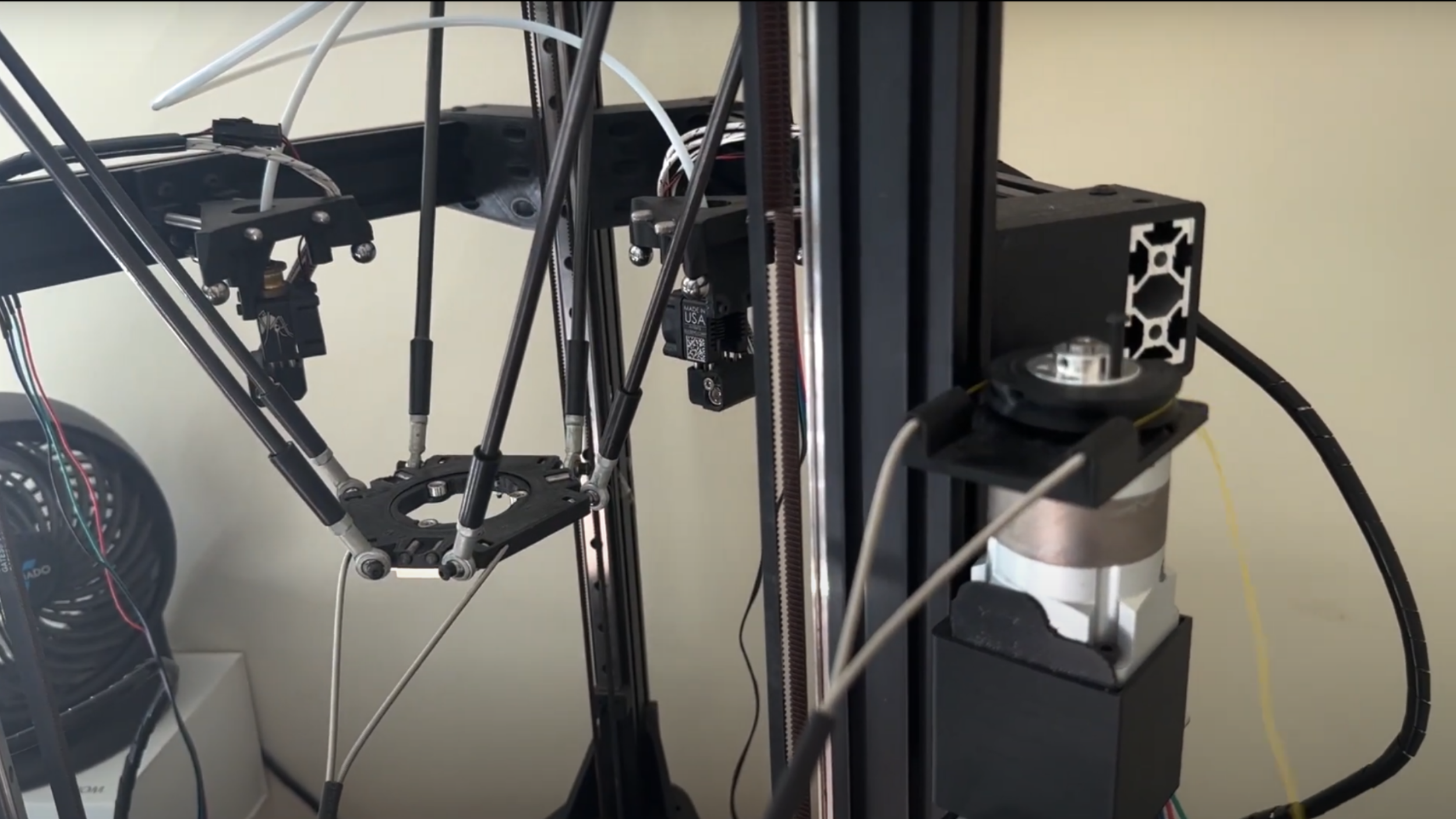



























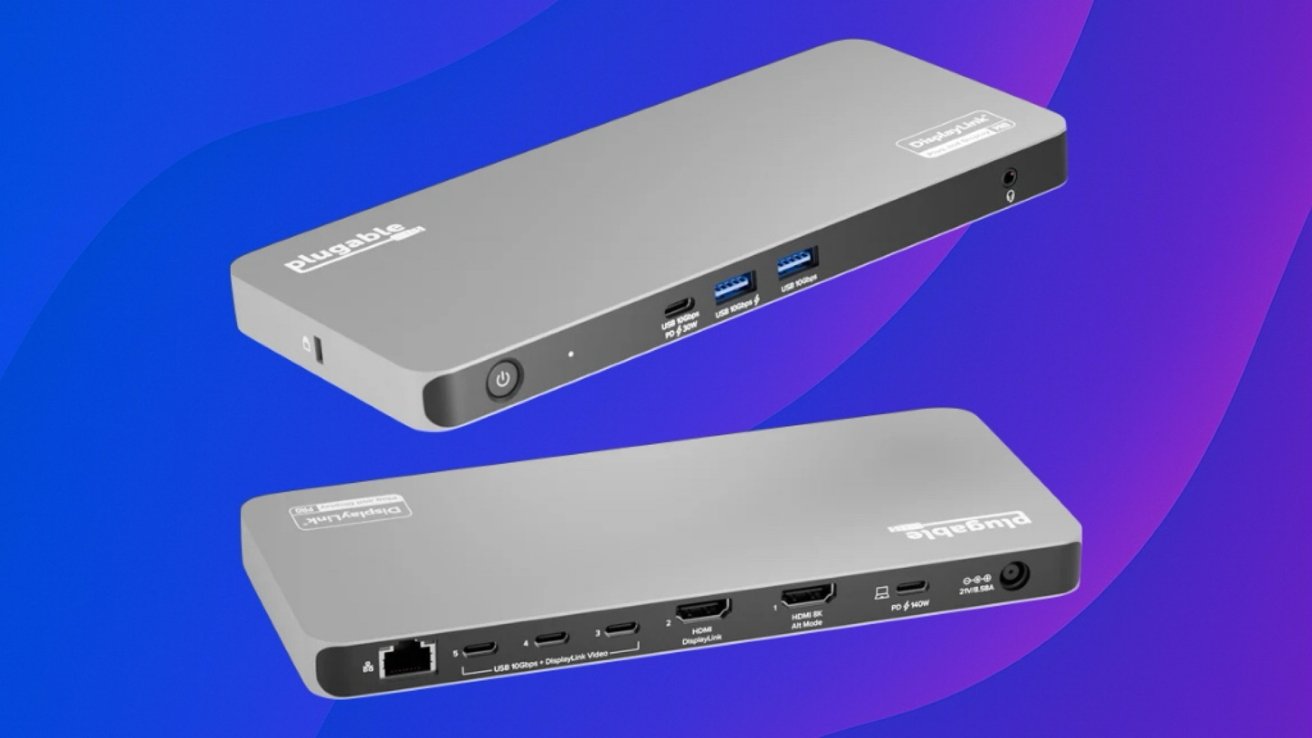







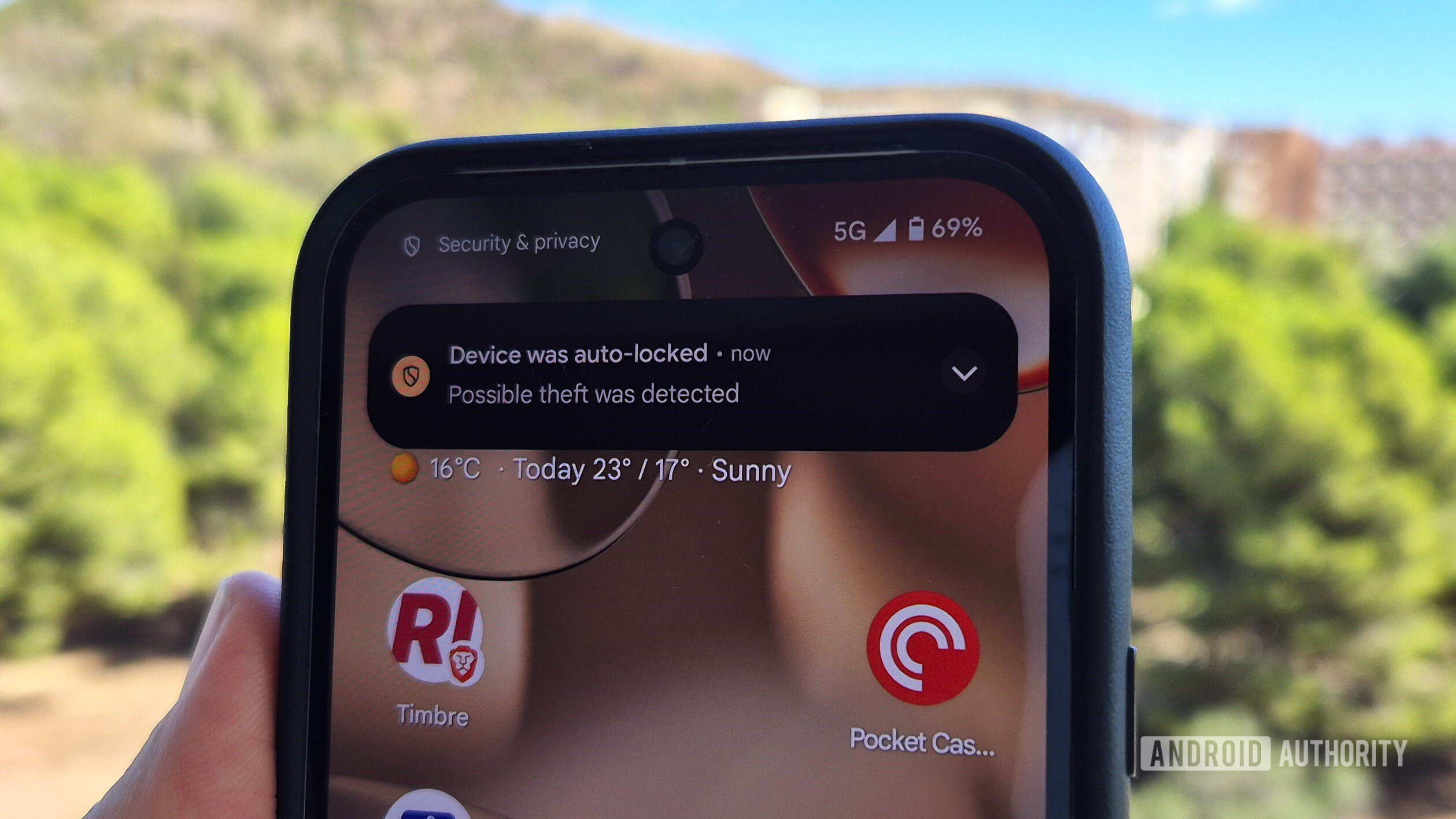






![Gemini coming to Android Auto with Live, automatic translation, more [Video]](https://i0.wp.com/9to5google.com/wp-content/uploads/sites/4/2025/05/google-gemini-android-auto-1.jpg?resize=1200%2C628&quality=82&strip=all&ssl=1)














![Apple Working on Brain-Controlled iPhone With Synchron [Report]](https://www.iclarified.com/images/news/97312/97312/97312-640.jpg)














